(CLO) The US government is expressing concern that China's "feverish" model DeepSeek may have benefited from a method of allegedly copying the advances of US competitors called "distillation".
Difficult to prove and prevent
But the technique, which involves one AI system learning from another, is difficult to stop, according to sources from Silicon Valley CEOs and investors.
This month, DeepSeek shook up the tech industry with a new AI model that appeared to be capable of competing with U.S. giants like OpenAI, but at a much lower cost. And the China-based company even gave away the source code for free.
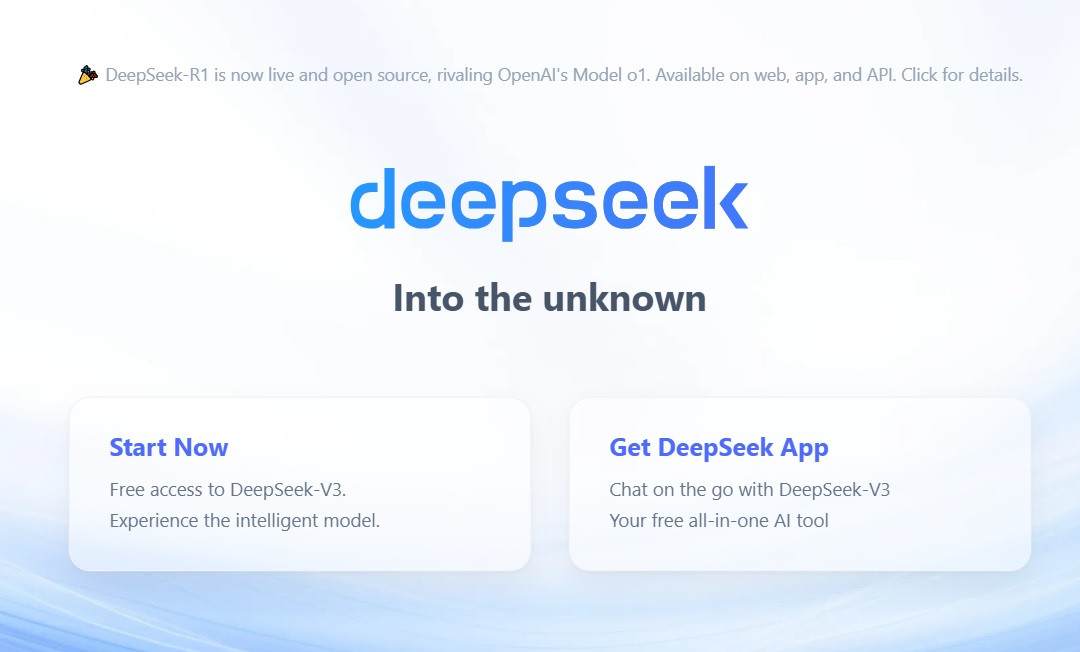
DeepSeek interface.
Some technologists believe that DeepSeek’s model may have learned from the US models to achieve some of its results. The distillation technique involves having an older, more established, and more powerful AI model evaluate the quality of answers from a newer model, effectively transferring the lessons of the older model.
This means that the newer model can benefit from the large investment of time and computing power to build the original model without incurring the additional costs involved.
This form of distillation is a common technique used in the field of AI. However, it violates the terms of service of several prominent models launched by US tech companies in recent years, including OpenAI.
ChatGPT's maker said it is aware of groups in China actively working to replicate US AI models through distillation and is looking into whether DeepSeek improperly distills its models.
Accusing companies of illegal “copycatting” in the AI world is difficult to prove or legally prosecute, because many AI products like those from Llama and French startup Mistral can be downloaded for free and used in private data centers.
“There’s no stopping model distillation when you have open source models like Mistral and Llama. They’re available to everyone. They can also find OpenAI’s models somewhere through customers,” said Umesh Padval, CEO at Thomvest Ventures.
“Learning is the new normal” in AI
But learning from competitors is “normal” in the AI industry, said Naveen Rao, vice president of AI at San Francisco-based Databricks, likening it to how automakers buy and test each other’s engines.
“To be fair, this happens in every situation. Competition is real, and when there is information that can be extracted, you will extract it and try to win,” Rao said. “We are all trying to be good citizens, but we are all competing at the same time.”
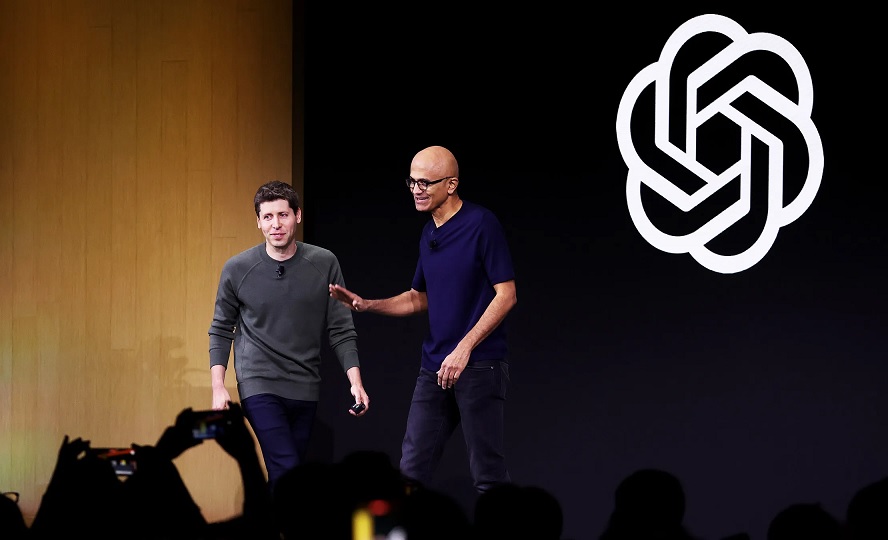
American tech giants like OpenAI and Microsoft are fearful of China's sudden rise. Photo: GI
Howard Lutnick, President Donald Trump's nominee to be Commerce Secretary and who will oversee future export controls on AI technology, told the US Senate during his confirmation hearing on Wednesday that it appeared DeepSeek had misappropriated US AI technology and vowed to impose restrictions.
“I don’t believe DeepSeek is being done in a transparent manner. That’s absurd,” Lutnick said. “I’m going to be aggressive in pursuing restrictions and enforcing those restrictions to keep us ahead.”
OpenAI said it would work with the US government to protect US technology, though it did not elaborate on how. “As a leading AI builder, we take steps to protect our IP, including a careful process for introducing cutting-edge capabilities into released models,” the company said in a statement.
In the intensifying technology competition between the two powers, the US has recently imposed restrictions on the types of chips and manufacturing tools that can be shipped to China and is considering restricting work on some open technologies.
Huy Hoang (according to WH, OpenAI, Reuters, AFP)
Source: https://www.congluan.vn/my-dang-lo-so-noi-cac-cong-ty-trung-quoc-sao-chep-mo-hinh-ai-post332419.html


![[Photo] General Secretary concludes visit to Azerbaijan, departs for visit to Russian Federation](https://vphoto.vietnam.vn/thumb/1200x675/vietnam/resource/IMAGE/2025/5/8/7a135ad280314b66917ad278ce0e26fa)
![[Photo] Prime Minister Pham Minh Chinh meets with the Policy Advisory Council on Private Economic Development](https://vphoto.vietnam.vn/thumb/1200x675/vietnam/resource/IMAGE/2025/5/8/387da60b85cc489ab2aed8442fc3b14a)
![[Photo] National Assembly Chairman Tran Thanh Man chairs the meeting of the Subcommittee on Documents of the First National Assembly Party Congress](https://vphoto.vietnam.vn/thumb/1200x675/vietnam/resource/IMAGE/2025/5/8/72b19a73d94a4affab411fd8c87f4f8d)
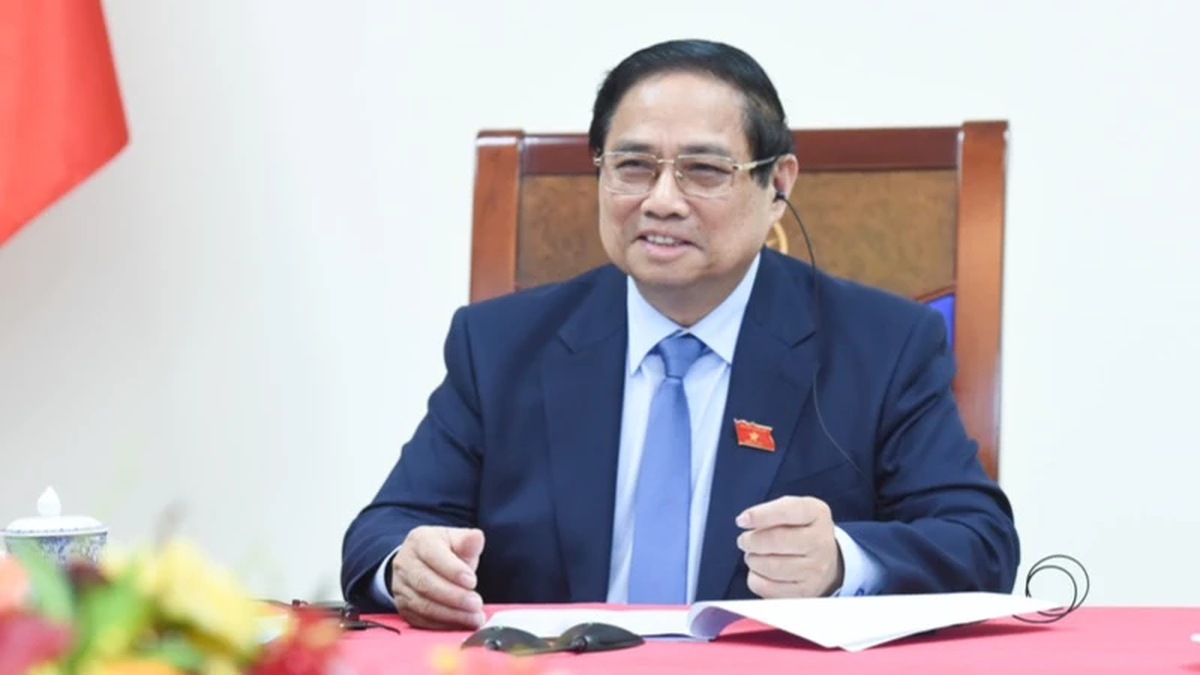
![[Photo] President Luong Cuong presents the decision to appoint Deputy Head of the Office of the President](https://vphoto.vietnam.vn/thumb/1200x675/vietnam/resource/IMAGE/2025/5/8/501f8ee192f3476ab9f7579c57b423ad)



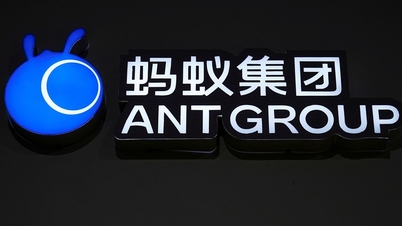
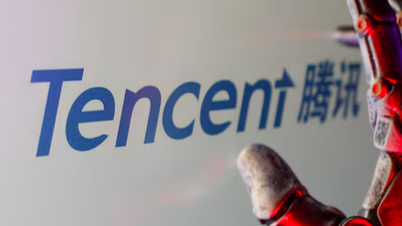

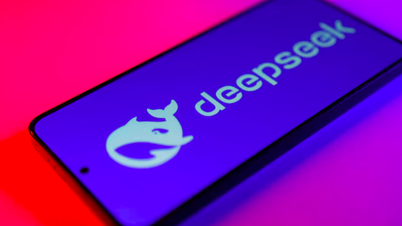


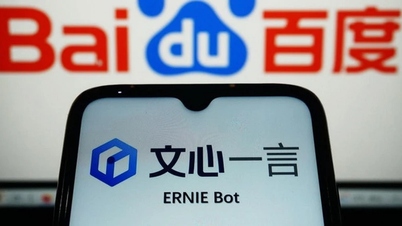
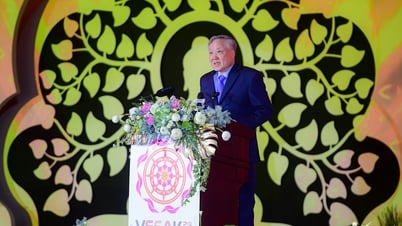
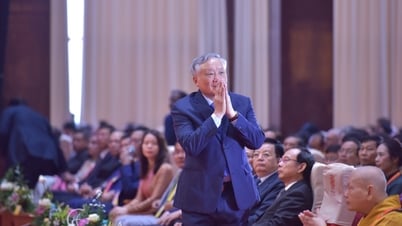
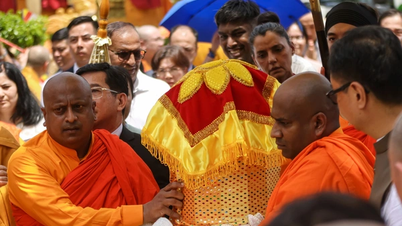
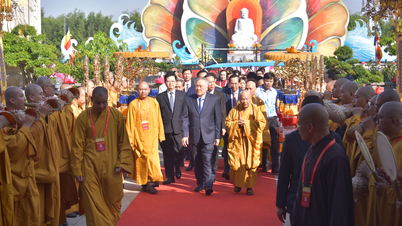
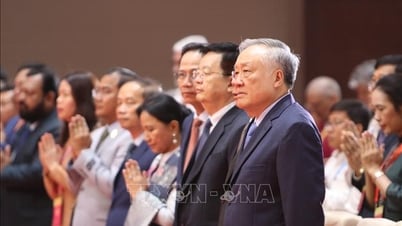
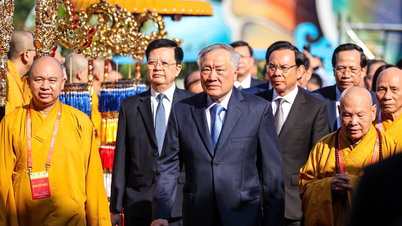









































![[Photo] Prime Minister Pham Minh Chinh talks on the phone with Singaporean Prime Minister Lawrence Wong](https://vphoto.vietnam.vn/thumb/402x226/vietnam/resource/IMAGE/2025/5/8/e2eab082d9bc4fc4a360b28fa0ab94de)













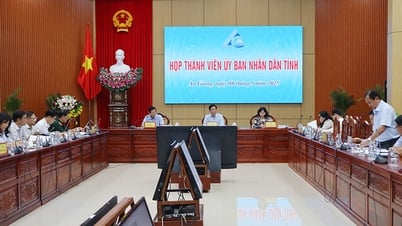

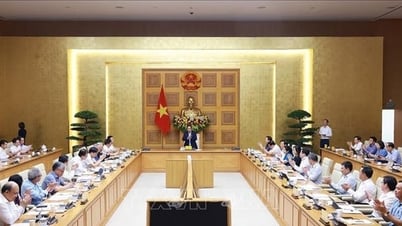



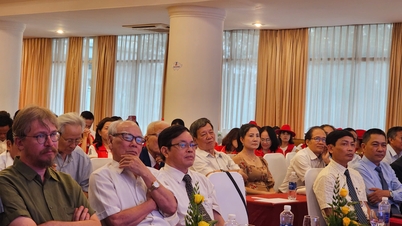
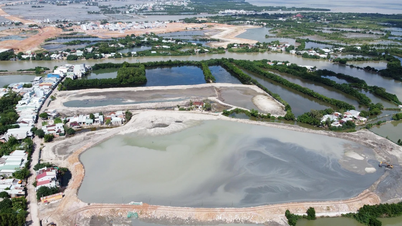













Comment (0)